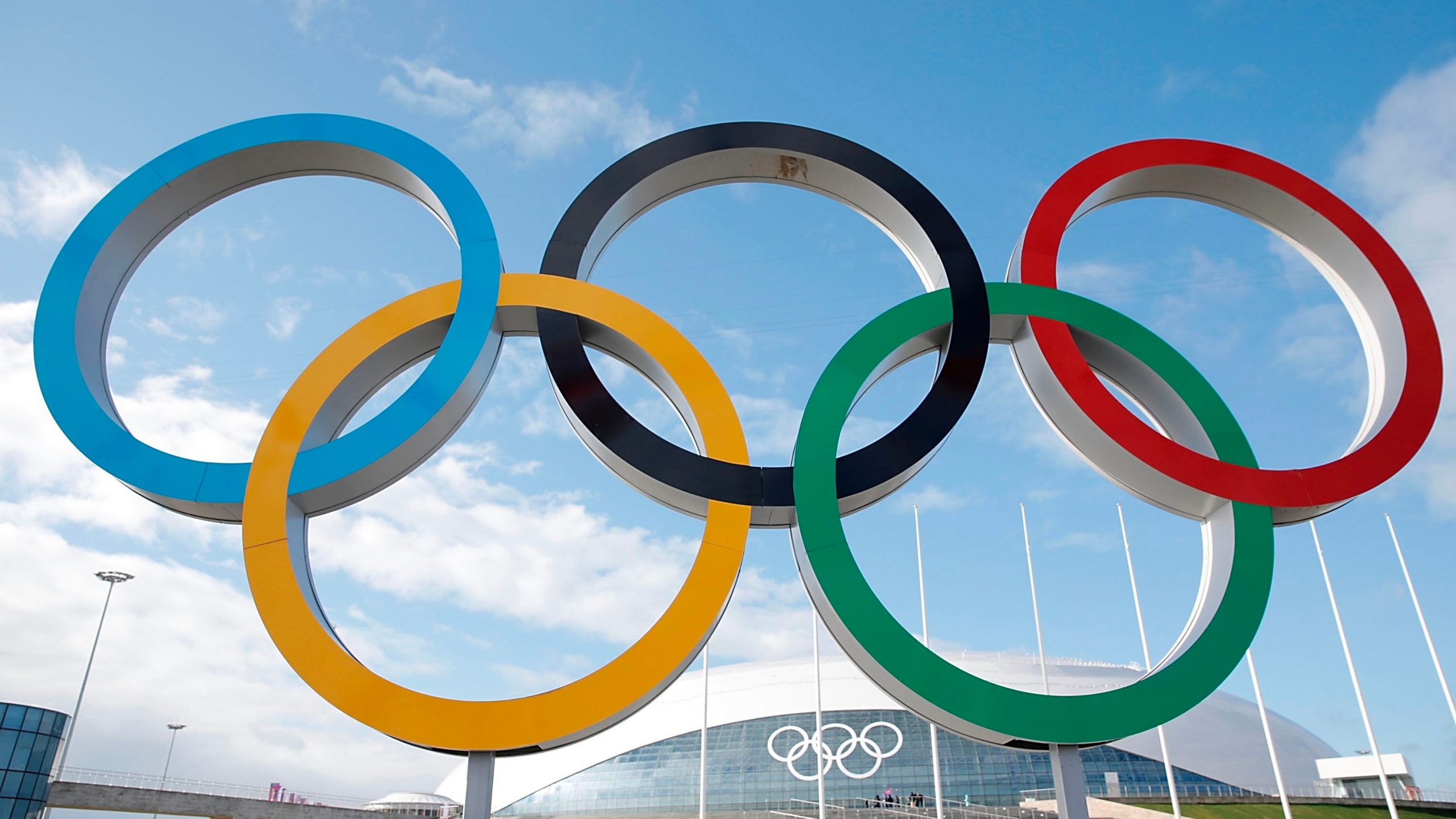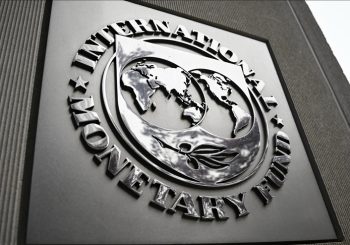The UN condemned the French government’s announcement that athletes representing France would not be permitted to wear headscarves during the 2024 Olympic Games in Paris.
“No one should impose on a woman what she needs to wear, or not wear,” said UN human rights office spokesperson Marta Hurtado on 26 September, upon being asked if the prohibition adhered to UN human rights standard.
“According to international human right standards, restrictions of expressions of religions or beliefs such as attire choices are only acceptable under really specific circumstances that address legitimate concerns for public safety, public order or public health or morals, in a necessary and proportionate fashion,” she added.
Amélie Oudéa-Castéra, France’s Minister of Sport, caused outrage on 24 September following her comments on the country’s commitment to secularism and resistance to the wearing of religious symbols during athletic events.
The International Olympic Committee has since announced — Friday, 29 September — that athletes are free to wear a hijab in the athletes’ village of the 2024 Olympic Games in Paris. The Olympic organisation also stated that it has spoken with the French Olympic Committee (CNOSF) in order to better understand the statements by France’s Minister of Sport.
This is not the first time France has implemented controversial decisions. The abaya, a long, flowing clothing worn by some Muslim women, was made illegal in public schools earlier this month, which resulted in the expulsion of numerous students.
Due to its firm adherence to secularism, France has been frequently at odds with the UN human rights committee.
The human rights committee criticised France last year after finding that it had discriminated against a Muslim woman by preventing her from enrolling in vocational training at a public school while donning a headscarf.
The committee stated that the decision to prevent the woman from attending the course amounted to a “gender and religious-based act of discrimination”.







Comments (0)